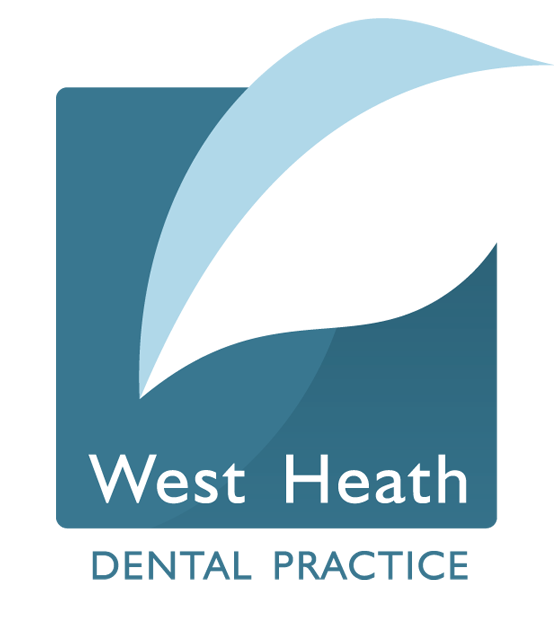Emergencies

We allocate time every day for treating dental emergencies. Please don't suffer the pain of toothache, call the practice on 0121 475 3545 and we will do all we can to see you on the same day.
If you require emergency care outside of our opening hours, please listen to the recorded message for details of our on-call dentist.
However, if you are not able to get to see us straight away then please see below for some advice on common problems our patients might have:
Problem solver
Aching or painful teeth
There are a number of different types of dental pain, as well as a number of causes.
Temporary pain when eating or drinking hot or cold foods can be caused by sensitive teeth. Often this problem can be alleviated by using toothpaste specifically for sensitive teeth, but if after a few weeks it has not improved please come in and see us.
Lingering pain, toothache or a sharp pain when biting down, is usually an indication that the tooth is decayed, cracked or otherwise damaged. Please arrange an appointment to see us as soon as you can so we can stop the problem from getting any worse.
To help reduce the pain and get more comfortable we would recommend taking whichever analgesic you prefer according to your medical history and follow the manufacturer's recommended maximum dose. Taking two different types of pain killer (e.g paracetamol and Ibuprofen) alternately to their maximum dosages will give you the best effects.
Dental abscess
Constant, severe pain and swelling means you may have an abscess caused by an infection. You should see us as soon as possible - we will be able to reduce the pain by giving you antibiotics, and will be able to treat the tooth once the swelling has gone.
Jaw or headaches
Headaches, neck, shoulder and back pain and a host of other facial and jaw problems such as ringing in the ears and muscular headaches can often be traced back to the jaw joint.
If you suffer from any of these symptoms, it is worth speaking to us about it. We will examine your jaw and the way in which your teeth meet together, if there are any problems we will advise you on the best way to overcome them.
Broken tooth
If you have broken your tooth, it is best to call us for advice immediately. This may often mean a straight forward appointment to smooth over any rough edges.
Leaving a broken tooth a while before seeking treatment may result in further damage being caused to the tooth incurring extra treatment and cost than it may have initially required.
Wisdom teeth pain and infections
Infected wisdom teeth may require antibiotics but some relief can be gained by using a salty mouthwash (a teaspoon of salt in cooled boiled water). Rinse your mouth with the mixture as this will help kill some of the bacteria causing the infection.
Broken denture
Make sure you don't use any type of glue as a temporary fix, using glue may mean the dental laboratory will not be able to fix your denture permanently. Instead, try to keep the pieces together and potentially find a local dental lab to help you to fix the denture if you can't get in to see us.
Loose/Lost crown
If your crown has come out please keep it safe and bring it to us so that we can re-cement it in for you and check the state of your tooth at the same time, this is usually a very straight forward procedure. If the crown is loose please book in as soon as possible to avoid it coming out at an inconvenient time.
Lost or Avulsed (knocked out) tooth
Accidents can happen, especially playing sports (a tailor made mouth guard will help minimise accidental damage) there is a chance that following an accident a 'knocked out' tooth can be placed back into the socket by your dentist. Please try not to panic and call us immediately.
If the tooth has come out whole you could try to gently put it back into place :
- Hold the tooth by the crown (the white part of the tooth that is usually visible). If it is dirty carefully rinse it in milk or cold water and gently push it back into the socket
- Apply pressure to the tooth by biting in to a folded clean handkerchief or tissue
- Call the practice to book an emergency appointment, if out of hours listen to the recorded message for our out of hours service or go to the nearest accident and emergency department
If you are unable to place the tooth back in the socket:
- Place it in a cup of milk, if you have no milk immediately available you could place the tooth between your cheek and gum, please take care not to swallow it, we would not recommend this for younger patients
- call the practice to book an emergency appointment, if out of hours listen to the recorded message for our out of hours service or go to the nearest accident and emergency department
We hope you have found this advice helpful to reduce your discomfort, it is not intended to replace a visit to us and we would always advise that you call to speak to us and/or book an appointment to see us should you be experiencing any kind of dental discomfort and pain.
